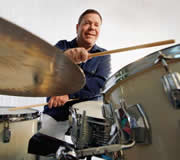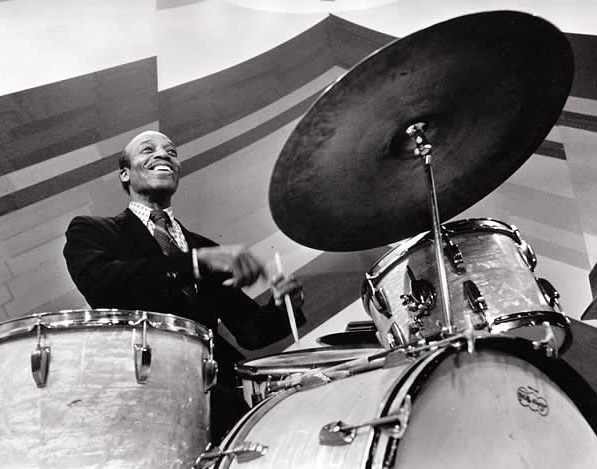Given that I am back in the Philadelphia/Greater Delaware Valley area after a long sojourn on Florida’s gorgeous southwest coast, networking—in order to re-establish myself in the musical community—has become a personal requirement.
And I’ve rarely enjoyed something more.
The Philadelphia area is rapidly becoming the jam session center of the Mid-Atlantic states, and although I’ve previously written about my opposition to all of the sessions seemingly being scheduled for Tuesday night, the truth is, the more jam sessions the merrier. Whatever the night.
There are few things more gratifying to me than to witness a young instrumentalist or singer –often jazz students–sitting in with some pros, and hearing the students’ musical evolution week after week. These youngsters, by and large, are learning their lessons very well.
What is not being taught, it seems to me, is something truly essential: professionalism on the bandstand. My contemporaries and I stand as the lucky ones. We were formally and informally mentored by the likes of Al Grey, Charlie Ventura, Bernard Peiffer, Krupa and Rich, Pepper Adams, and a bunch of big name name entertainers too numerous to mention.
They taught us the importance of knowing our keys and tempos, knowing how to dress, knowing how to talk to an audience and project, knowing how to keep an audience entertained and involved, knowing how to pace a set, deal with a club owner, and other “givens” like how a bandleader effectively leads, having your shoes shined, being on time and wearing a clean shirt.
Call me a mouldy fig or whatever else you want to call me, but those very, very necessary qualities seem to have all but vanished. And too often, two of those qualities that don’t seem to be there anymore are traits like courtesy and common sense.
Three recent jam session examples:
A singer is invited on stage to do a couple of numbers. Said singer has no idea what he wants to sing, what his key is or what the tempo should be. After a good, 10-minute consultation with every player on stage but the drummer, he finally goes into a tune, after losing most of the audience. This behavior was repeated for two more songs. In my estimation, not only was the drummer shown little respect, but the audience was disrespected as well. In this instance, I became so frustrated; I told the singer that if he wanted to talk, he should go see a priest.
Instance two: Another singer, not without talent, simply takes to the stage, and begins singing, without telling anyone the key, the tempo or the song’s title. It is up to us lackeys to find our way, with the result often being either a train wreck or ending up in the key of D. Or both.
Instance three: A pianist, clearly of the amateur variety, is asked to sit in at a jam session with some seasoned pros. First, he hands out charts to all on stage—a jam session no-no for a number of reasons—then, without counting off a tempo or asking the drummer to do same, simply starts playing, presuming that everyone else on the stand will just fall in perfectly. Needless to say, the drummer isn’t even told the song title. Deservedly, everything fell apart.
Instance three, and you can term this “off the bandstand professionalism,” and I will not name names: A well-known, world-class pianist from a foreign country is “sponsored” by a small-time, U.S. entrepreneur who brings said artist to the U.S. for the first time. As the pianist’s first stop after deplaning from his European home, the “sponsor” decides that the pianist’s United States debut will be at a club where a jam session is held weekly. On Tuesdays, of course. Bear in mind that the visitor to these shores is a world-class, jazz pianist. The sponsor conveniently ignores or forgets that the club’s piano is in terrible shape, and ultimately does nothing to improve the quality of the instrument. Said pianist, thankfully, made no, on-stage comment that the piano was not in great condition and that something should been done about it. That’s because, unlike his “sponsor,” the pianist was a pro.
My good and long-time colleague, bassist Bruce Kaminsky, has done what he could over the years to teach what I’ll call “Professionalism 101” at several area colleges. But we need much, much more of this type of teaching to get the point across.
In the end, professionalism on or off the bandstand isn’t brain surgery. Much of it is common sense.






